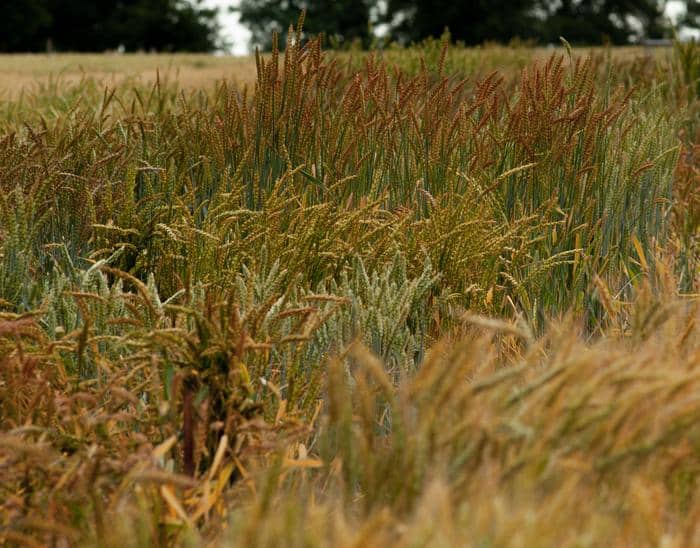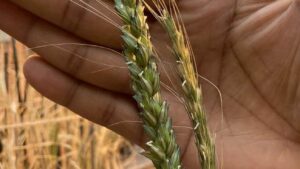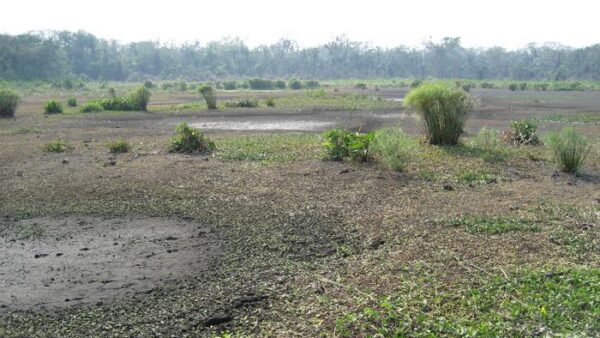Kansas State University scientists released findings of a complex, two-year study of the genomic diversity of wheat that creates an important foundation for future improvements in wheat around the world.
Their work has produced the first haplotype map of wheat that provides detailed description of genetic differences in a worldwide sample of wheat lines. In genetics, a haplotype map is a powerful tool for transferring sequence-level variation to multiple gene mapping projects.
“All of these new, genomic-based strategies of breeding promise to significantly accelerate breeding cycles and shorten release time of future wheat varieties,” said Eduard Akhunov, associate professor of plant pathology and the project’s leader.
Plant scientists often look at the genetic makeup of an organism to breed new varieties for specific, desirable traits, such as drought, pest or disease resistance. Akhunov said the haplotype map gives scientists quick access to rich, genetic variation data that increases the precision of mapping genes in the wheat genome, and improves scientists’ ability to select the best lines in breeding trials.
The study included 62 wheat lines from around the world that were either modern cultivars or varieties not previously improved through formal breeding techniques, called landraces.
To reduce the complexity of the wheat genome, the research team developed a tool called “exome capture assay” to perform targeted sequencing of only functional parts of the larger wheat genome. This technique bypasses those parts of the genome that are repetitive, according to Akhunov.
The scientists found 1.6 million locations — called single nucleotide polymorphisms — in the genome where the wheat lines differed from one another. The research team used this information to describe the impact of these differences on the function of tens of thousands of wheat genes.
“Once genes controlling agronomic traits are identified, they can be used for improving wheat using not only traditional breeding approaches, but also new strategies that are based on biotechnology and molecular biology,” Akhunov said.












